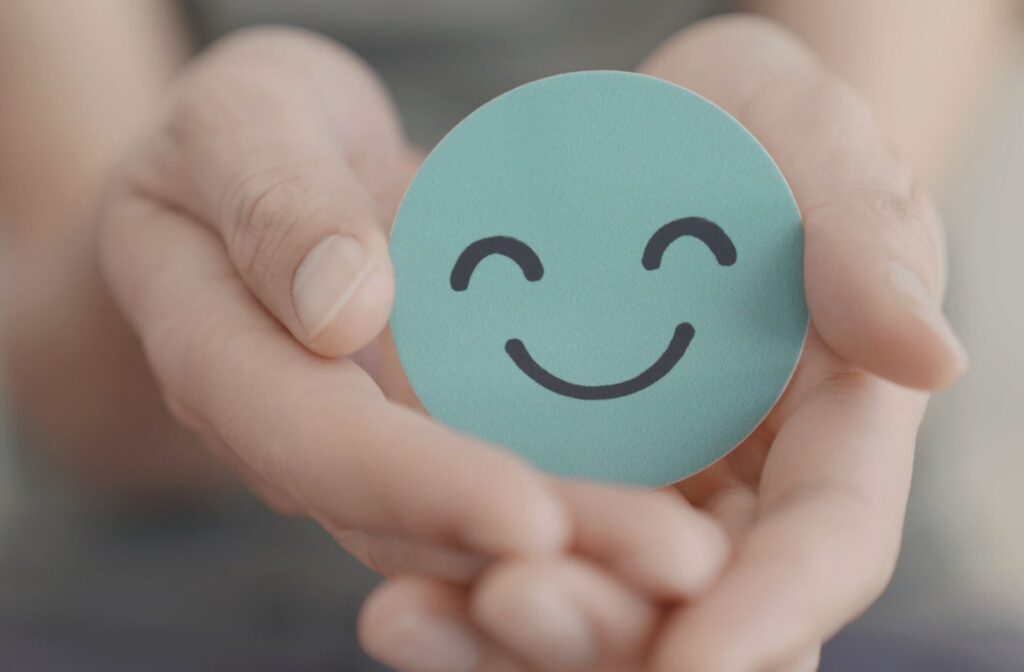Author: Heena
I’m sure we’ve all heard the expression: “It’s all in your head.” Perhaps it’s been repeated to you so many times that you began to question if it is just you. Mental health is something that many struggle to understand since it is not directly in our face.
Unlike other injuries or illnesses, we can’t see the blood spill from the wound or that bruise start to form. Making it harder to recognize or justify the pain that you are feeling.
The thing with mental illnesses is that when people say it’s all in your head. It’s true.
It is all in your head but not in the negative way one would imagine. It’s all in your head, because your brain is in your head. The brain is an organ which, like every other organ, can get hurt, fail, or not work properly all the time.
Unlike other injuries or illnesses, we can’t see the blood spill from the wound or that bruise start to form.
Mental illnesses are conditions that physically impact the brain, which can affect our thinking, our emotions and our behaviours. Just like any other organ in our body, it can experience change due to stresses like trauma, lack of sleep and variety of other issues. When someone has a mental illness, something has impacted the brain in a way that causes the way it works to change.
With depression, chemical imbalances in your brain cause difficulty in transmitting and receiving the signals. This causes many of the symptoms that someone with depression experiences. Some of those being a loss of appetite, a fluctuating sleep schedule and feelings of loss.
Understanding this is very important as it helps us realize why we are feeling the way we are and how we can help.
Instead of tying negative words like lazy and moody to address our emotions, you can identify the actual causes. This is beneficial as only then are you able to better your circumstances. If you break your leg you get cast, in the same way, that if your brain isn’t working the best you should seek methods to help.
Mental illnesses are just as valid as other injuries or illnesses. So the next time you wonder if you’re just overthinking, question whether or not you would feel that way about a cut or a wound. Would you criticize and berate yourself over an injury like that? Most likely not. That idea is equally as valid when it comes to your brain and experiences with mental health. They are just as real and painful as anything else and you have every right to recognize this.
Remember: ConnecTeen volunteers are here for you if you need to talk.
























